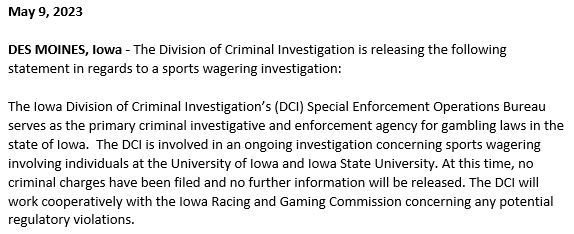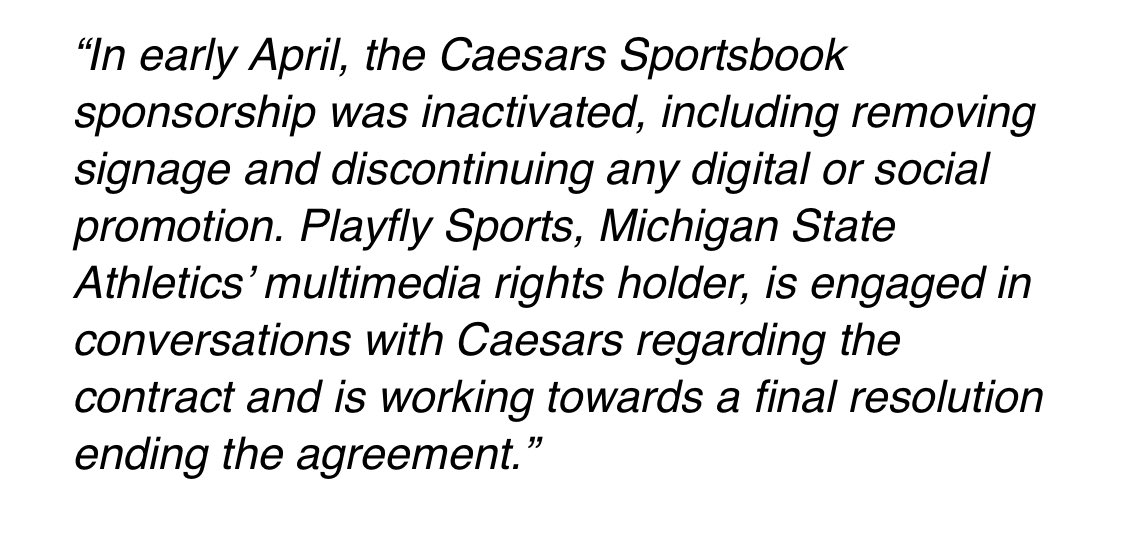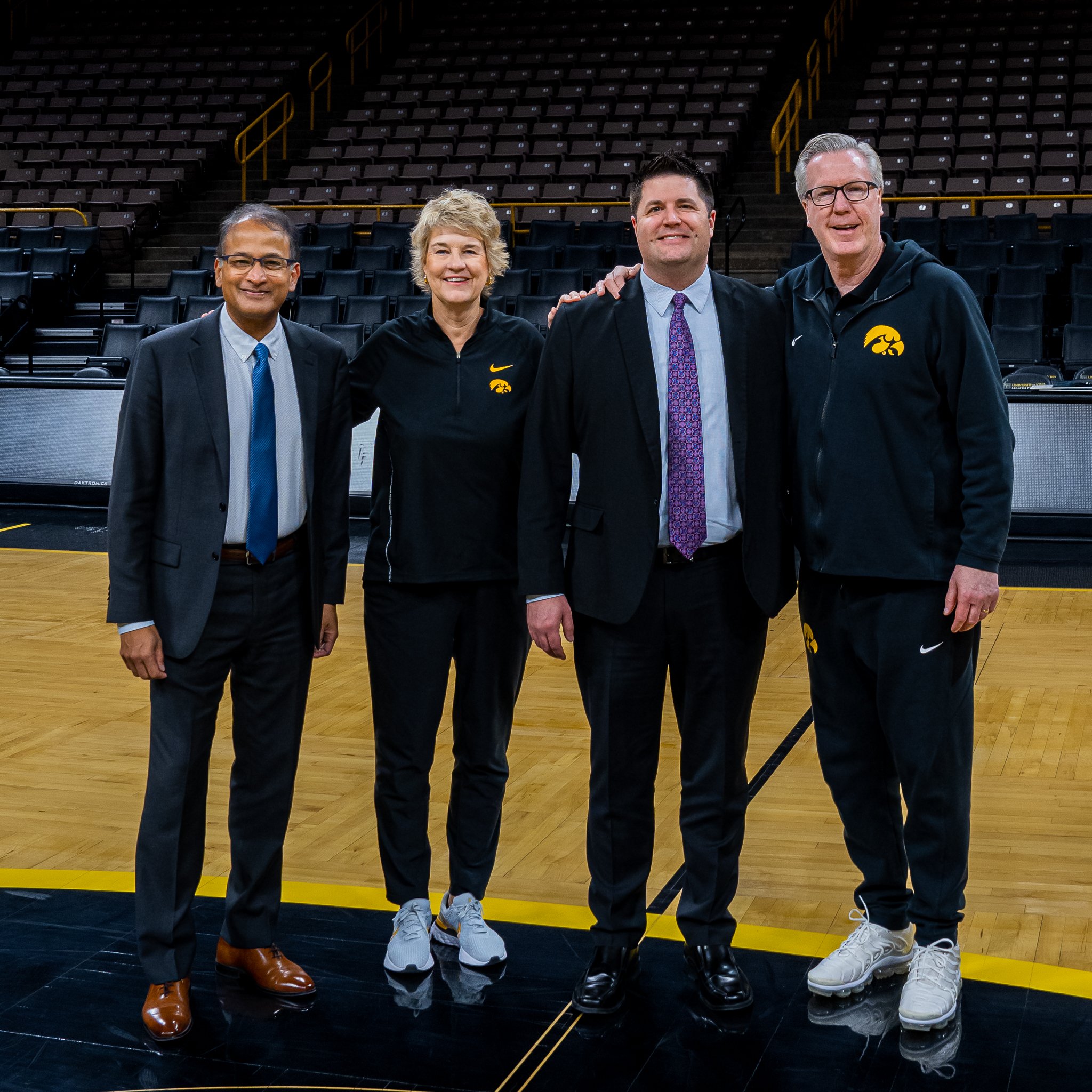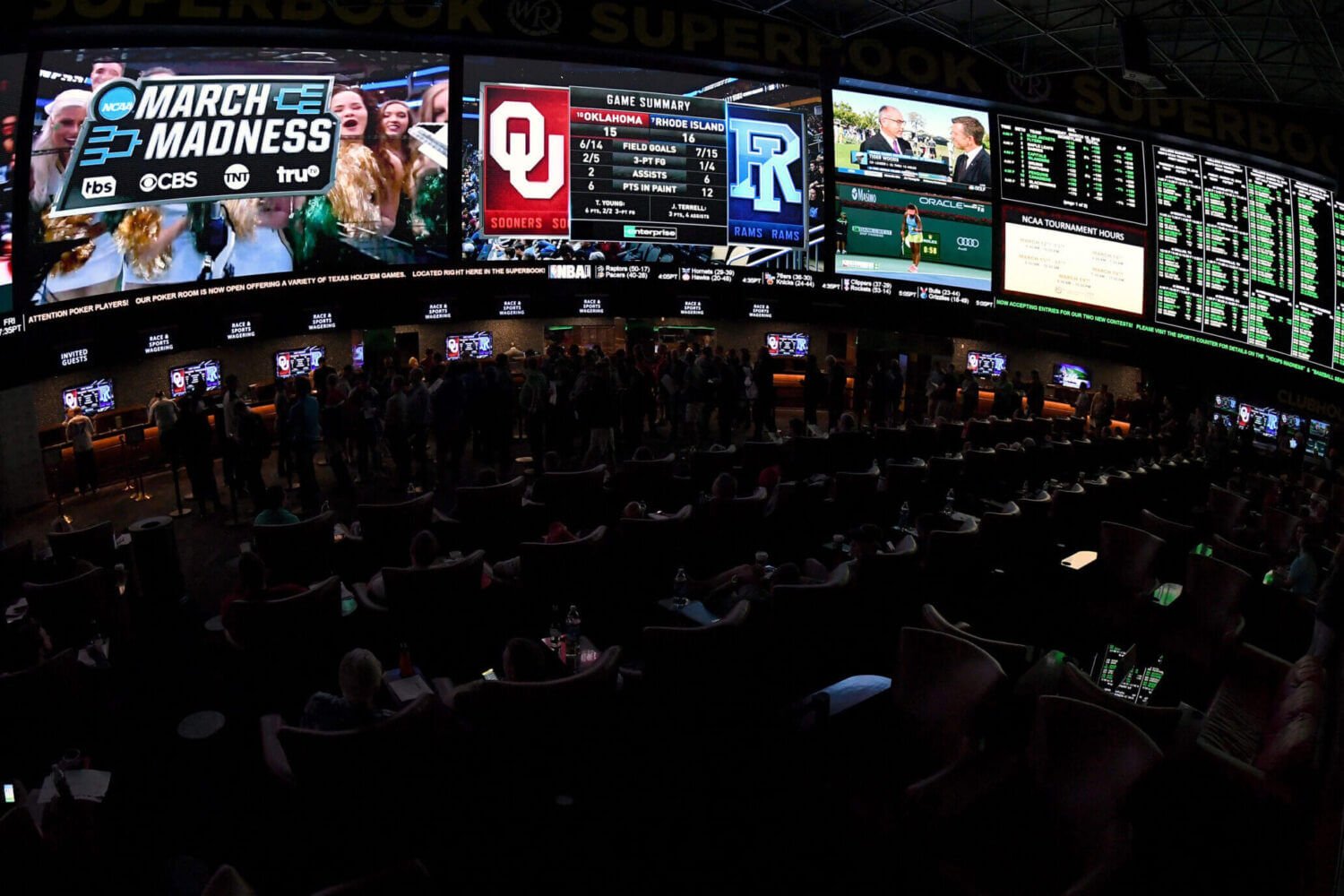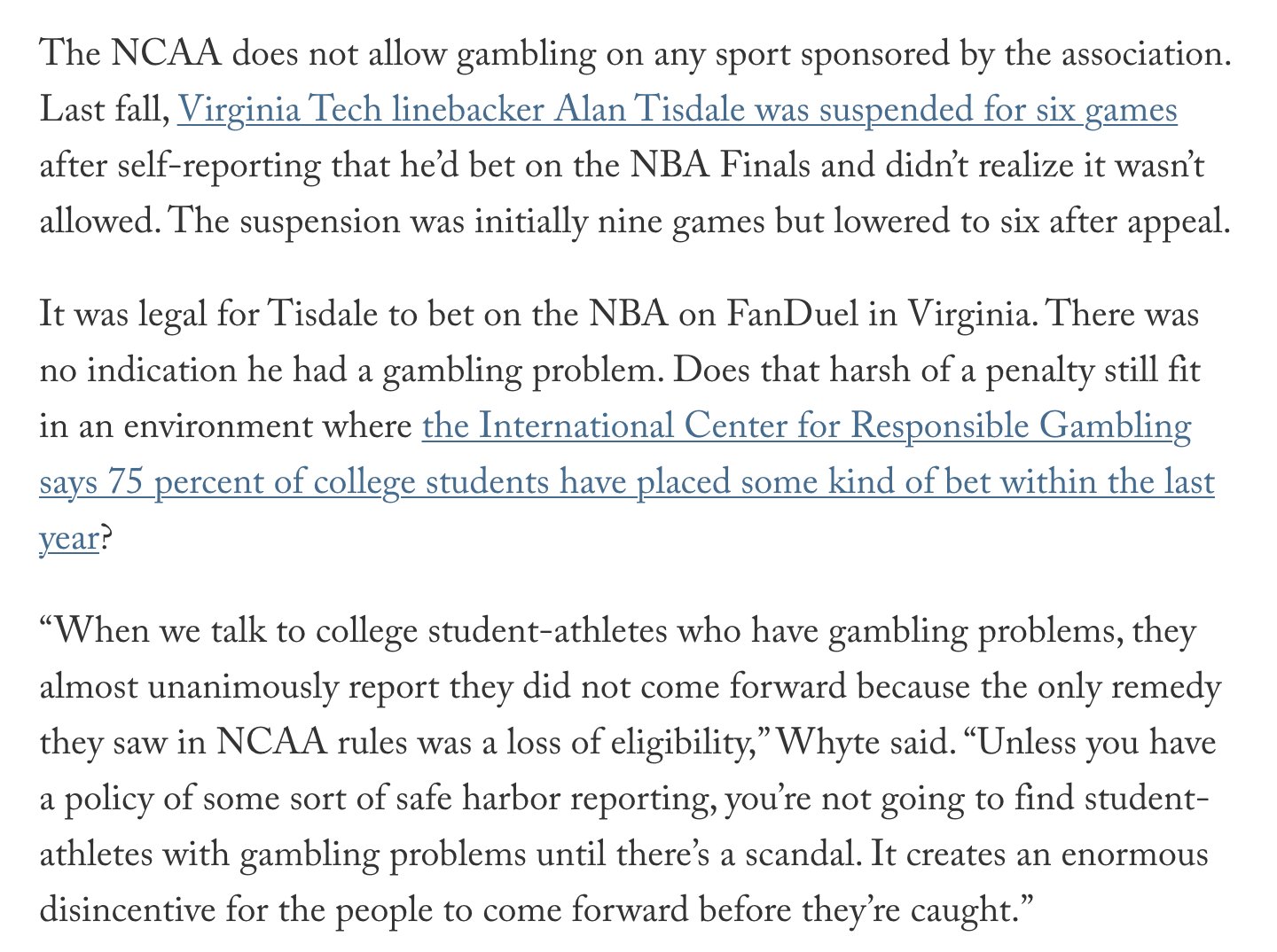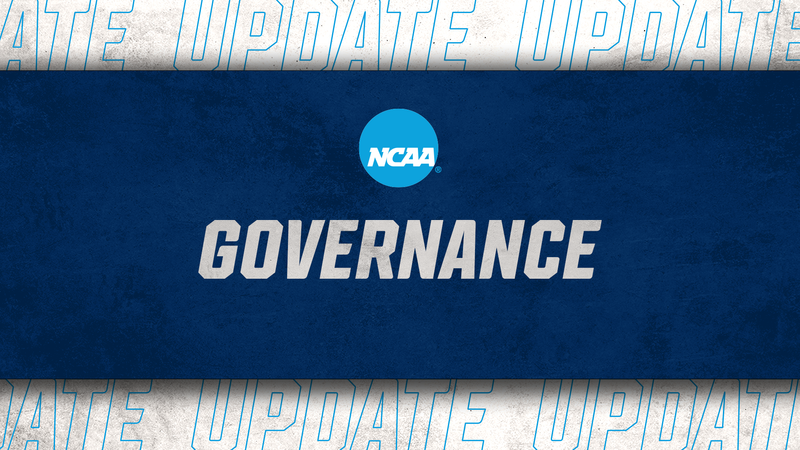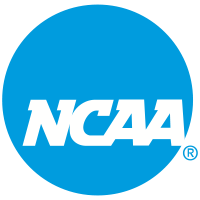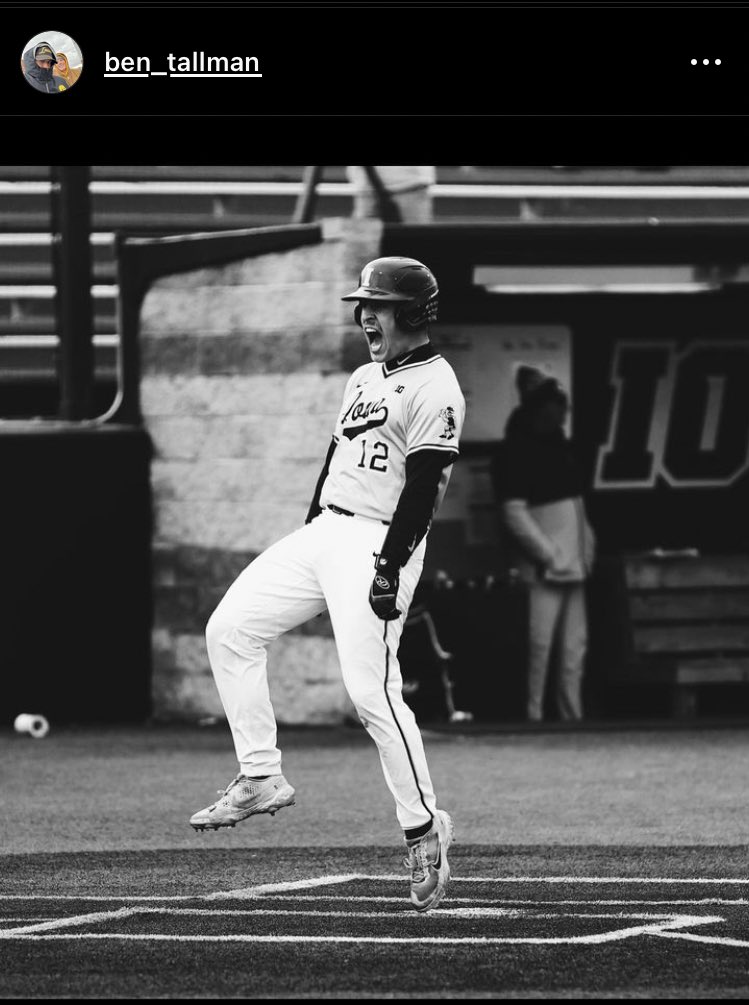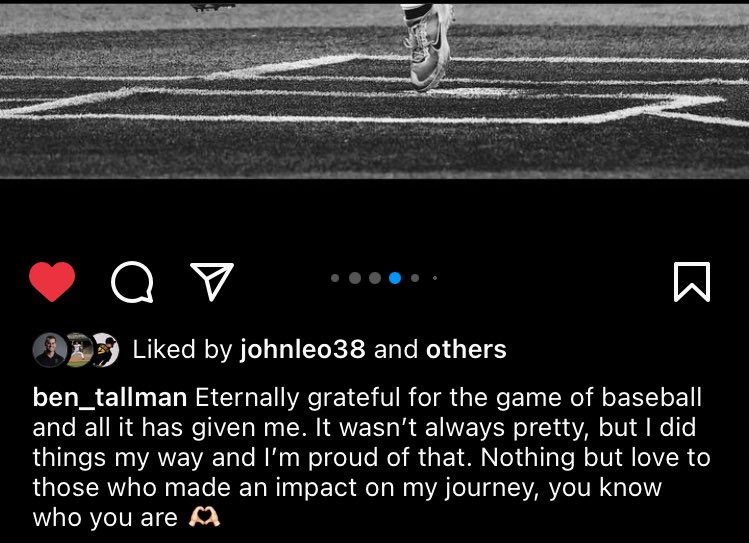From the Iowa Office of Strategic Communication:
Sports Wagering Investigation
May 8, 2023
The University of Iowa and the Department of Athletics are aware of the sports wagering investigation and are fully cooperating. We have alerted the NCAA of the potential violations and we have hired outside counsel to assist in the investigative process.
The athletics department provides education on NCAA rules regarding the the prohibition of sports wagering as well as the potential consequences.
Additional Information
- The university has received information about 111 individuals.
- This includes 26 current student-athletes from baseball, football, men’s basketball, men’s track and field, and men's wrestling, as well as one full-time employee of the UI Department of Athletics.
- The vast majority of the individuals are student-staff, former student-athletes, or those with no connection to UI Athletics.
- The list does not include any current or former coaches.
Timeline
May 2: University of Iowa leadership was notified of potential criminal conduct related to sports wagering that also suggested possible NCAA violations.
May 3: Law enforcement notified the university that additional information would be provided the following day.
May 4: The university received a list of individuals alleged to have participated in sports wagering.
May 5: The University of Iowa took the following action:
- notified several student-athletes that they would not be participating in upcoming competitions;
- alerted the NCAA to potential violations; and
- engaged outside legal counsel to advise the university and potentially lead an investigation.
May 8: The following message was sent to Department of Athletics staff and student-athletes.
Athletics Staff –
Last week the university and athletics department were made aware of potential NCAA violation related to sports wagering. The following statements from the State of Iowa Board of Regents and University of Iowa will be shared publicly shortly. We will follow-up with additional information as available.
Board of Regent Statement
The Board of Regents is aware of concerns related to online gambling involving individuals associated with the University of Iowa and Iowa State University. The Board of Regents and the universities will fully cooperate with any investigations related to these concerns. We are closely monitoring the situation and have confidence that University administrators at each institution will take all necessary steps to ensure ongoing compliance.
University of Iowa Statement
The University of Iowa and the Department of Athletics are aware of the sports wagering investigation and are fully cooperating. We have alerted the NCAA of the potential violations and we have hired outside counsel to assist in the investigative process.
The athletics department provides education on NCAA rules regarding the the prohibition of sports wagering as well as the potential consequences.
LINK:
May 8, 2023 The University of Iowa and the Department of Athletics are aware of the sports wagering investigation and are fully cooperating. We have alerted the NCAA of the potential violations and we have hired outside counsel to assist in the investigative process. The athletics department...

osc.uiowa.edu
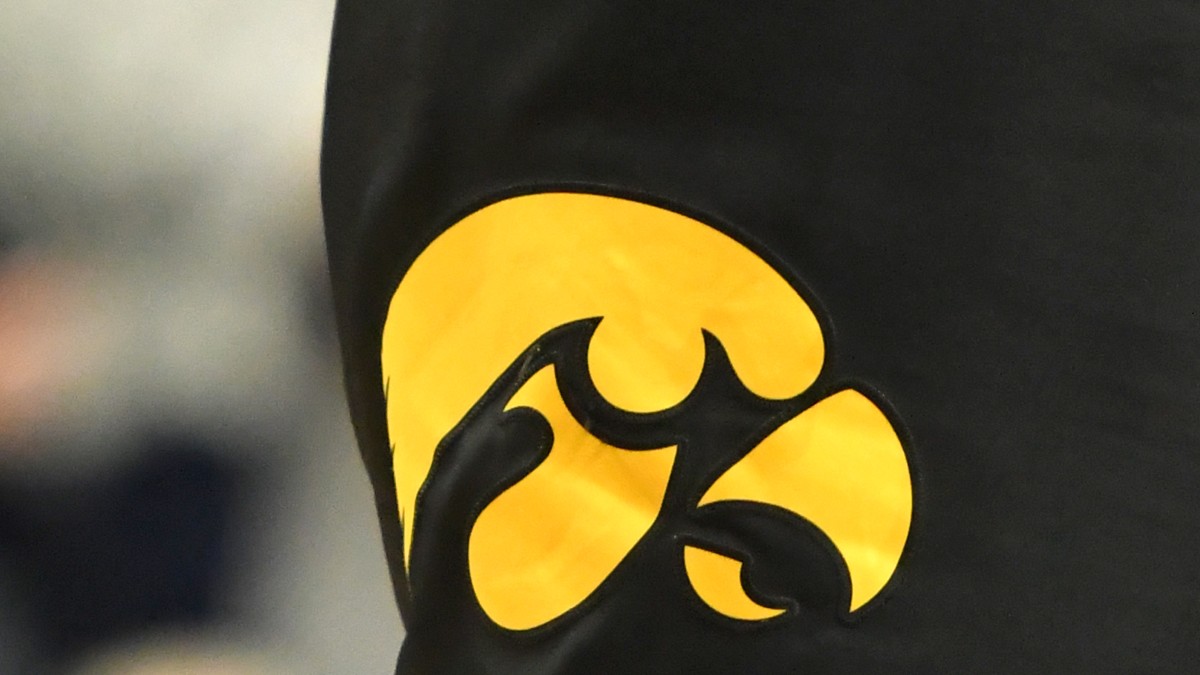
 www.actionnetwork.com
www.actionnetwork.com


